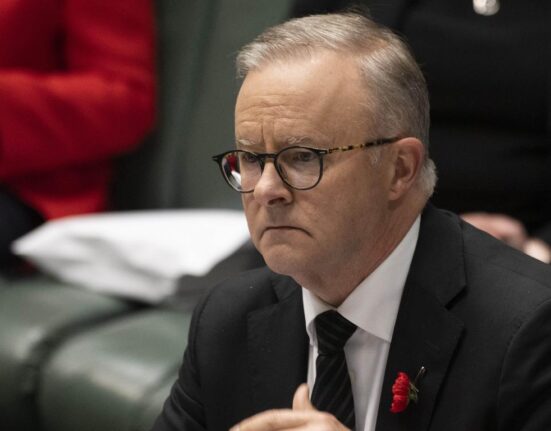The recent decision by the Fair Work Commission (FWC) to raise the National Minimum Wage by 3.5% to $24.94 per hour has brought a much-needed financial relief to some of Australia’s most vulnerable workers. This increase, which will also elevate minimum pay rates under modern awards for 2.6 million workers across the country, comes at a crucial time when many low-income earners are grappling with the challenges of rising living costs.
In announcing the wage hike, FWC President Justice Adam Hatcher emphasized the importance of adjusting these rates to address the impact of inflation on workers’ real wages over recent years. He expressed concern that failing to implement this increase would further erode the living standards of those relying on minimum award rates and create long-term challenges in ensuring fair compensation for all workers.
“The inflation spike seen in 2021 and 2022 means workers reliant on the minimum award rates have suffered a reduction in the real value of their wage rates,”
Justice Hatcher stated.
“The low paid have experienced greater difficulty in meeting their everyday needs.”
While industry groups had differing opinions on the extent of this wage adjustment, with some advocating for more conservative increases citing economic concerns, Justice Hatcher highlighted that the direct impact of this raise on overall wages growth is limited due to characteristics of those affected.
“They are disproportionately female, work part-time hours, half are casual employees, and a third are low-paid,”
he explained.
“Wages paid to them constitute only about 10.5% of the national ‘wage bill.'”
Moreover, Justice Hatcher downplayed fears of an inflationary spiral resulting from significant wage increases by pointing out that current economic conditions support sustainable adjustments aimed at rectifying past discrepancies.
“The Reserve Bank of Australia believes that we are now over that inflationary episode,”
he noted optimistically. “That provides us with an opportunity to go at least some way towards correcting what has happened over the last four years.”
The decision to boost minimum wages above current inflation levels reflects a commitment to supporting equitable compensation practices and ensuring that all workers receive fair remuneration for their contributions to society.
As individuals and businesses navigate these changes following the implementation from July 1, 2025, it is essential to recognize the broader implications of these adjustments on labor markets and economic dynamics as Australia continues its journey towards fostering inclusive growth and prosperity for all its citizens.









Leave feedback about this